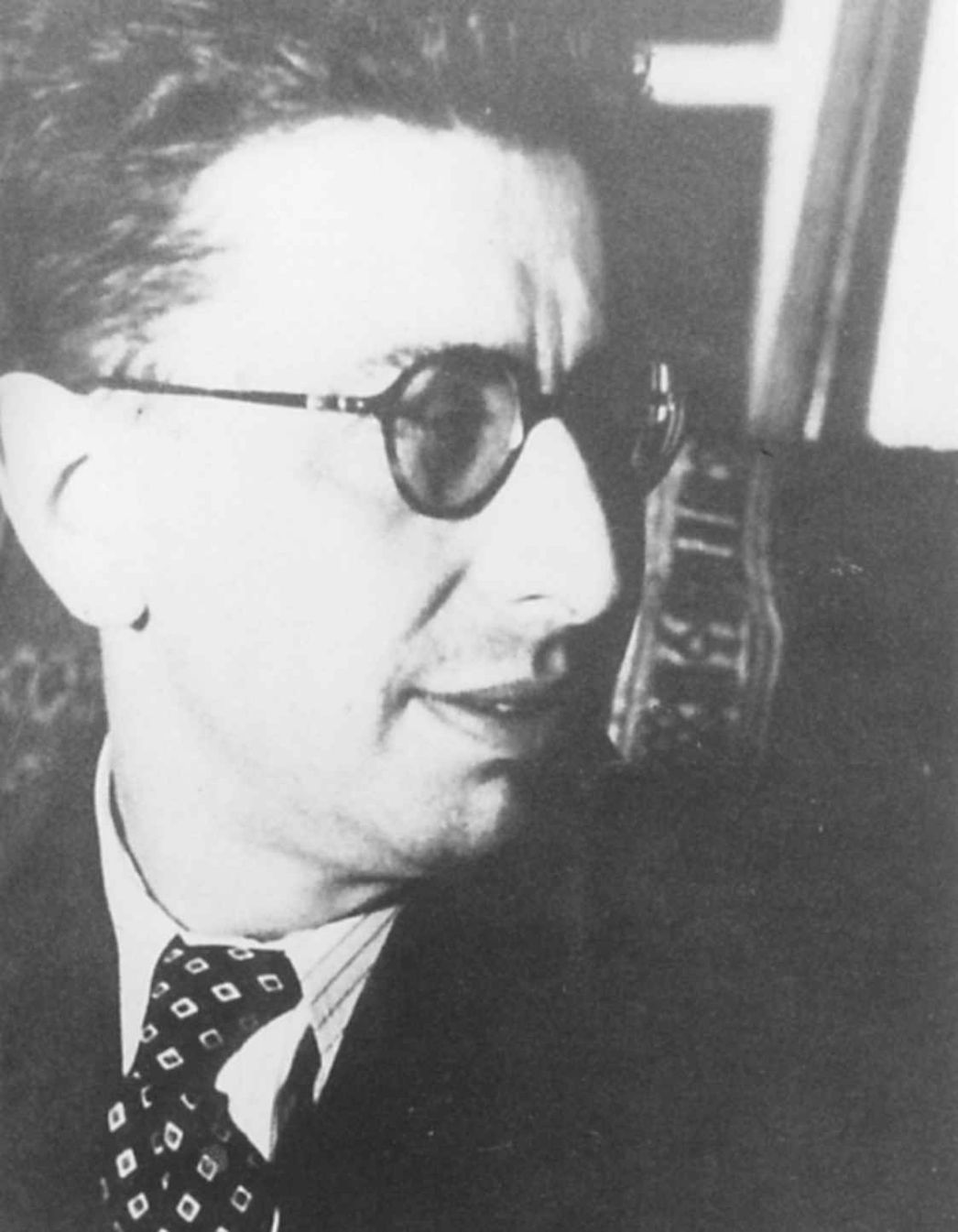
Robert Desnos was born to a middle-class family in Paris on 4 July 1900. At the age of seventeen, he chose his own path, working as a chemist’s assistant, translator, secretary of the writer Jean de Bonnefon and, in 1916, writing his first poems. Following his military service in 1920‒21, he joined the Surrealist circle of Breton, Eluard, Aragon, Péret, Crevel and Roussel, making significant contributions to their programme. Starting in 1924, Robert Desnos wrote for the magazines Littérature and La Révolution Surréaliste, and in 1926 published his first collection of poems La liberté ou l´amour (English translation: Liberty or Love!), which was censored due to "sexual offensiveness". An unhappy love affair inspired him to some of his most beautiful poems. He engaged in hypnosis experiments, "dream sessions" and automatic writing with his Surrealist friends. Desnos was deeply involved in writing dream diaries.
At the end of the 1920s, he distanced himself from the Surrealists, applying his great talent for language and public speaking to journalism. In 1930, he published the volume Corps et biens ("Body and Goods") with Gallimard. Starting in 1931, he lived with Youki Foujita, a "queen" in the Parisian artists’ quarter of Montparnasse. Beginning in 1933, Desnos wrote film scenarios and advertising copy for radio. In the International Association of Writers for the Defence of Culture, he sided with the Popular Front government during the Spanish Civil War. He went to war from 1939 to 1940, published resistance poetry using a pseudonym and became an informant for the resistance in 1942.
On 22 February 1944, Desnos was arrested. He was taken to the Compiègne internment camp, and then was deported to Buchenwald Concentration Camp as a "political inmate" on 14 May 1944. He was soon transferred to Flossenbürg and finally to Theresienstadt. While all this was happening, four more volumes were published in 1944, including Contrée, with illustrations by Picasso.
Robert Desnos fell ill with typhoid fever and died in Theresienstadt on 8 June 1945, only a few weeks after liberation.


